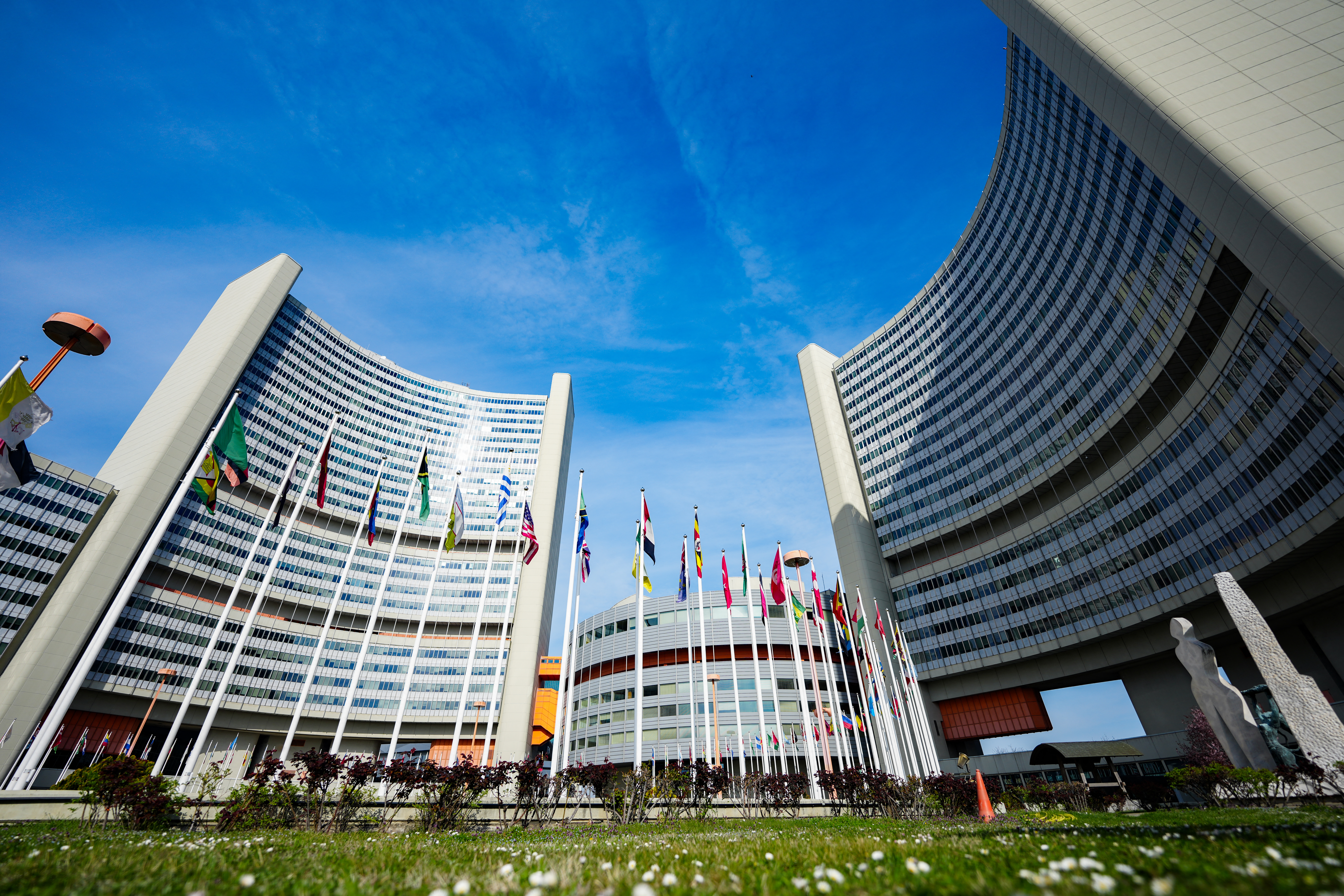Public statement 6/2011: Law creating Truth Commission in Brazil is sanctioned
Conectas commends new law and claims the efficiency of the Commission will depend on the capacity and standing of its members
November 18, 2011
The purpose of the National Truth Commission (NTC) is to examine and shed light on the serious human rights violations perpetrated between 1946 and 1988, in order to assure the right to memory and historical truth. Its creation no doubt represents an important step towards the realization of human rights in Brazil.
The NTC will be formed by seven members and have a two-year mandate to complete its work, starting from the date of its installation. By the end of this period, it must present a report detailing its activities, the facts examined and its conclusions and recommendations. The Commission may receive testimonies, data and documents, subpoena information, summon people for interviews, order inquiries and stage public hearings.
The efficiency of the Commission will depend enormously on the capacity of its members. Unlike what happened in South Africa, where a public consultation process was held to select the members, in Brazil the composition of the NTC will be determined exclusively by the President of the Republic. The appointed members should be Brazilians of standing who are known for their ethical conduct and their association with democracy and constitutionality, and also for their respect for human rights. It will be important to monitor how the rule will be interpreted that prevents people from serving on the NTC who are not in a position to act impartially in exercising the authority of the Commission. “This rule must not be seen as an obstacle to the participation on the NTC of people who have a public commitment to human rights or to combating the military regime,” said Juana Kweitel, program director at Conectas.
It is important to point out that in Brazil, unlike in other Latin American countries, such as Argentina, the Armed Forces have not recognized their responsibility for the repression, nor have they apologized to the victims. In this context, the work of the NTC is even more important. Its job of recompiling the information and of releasing its conclusions will serve to convey to Brazilian society and to new generations the clear message that human rights violations are not tolerated. It is a way of forging a new social compact to assure that these types of acts are not repeated, and of establishing a collective intolerance of impunity.
The work of the NTC will make a review of the Supreme Court decision on Brazil’s Amnesty Law even more pressing. In 2010, the Brazilian Supreme Court determined, in an historic ruling, by 7 to 2, that the Amnesty Law of 1979 (Law No. 6683/79) should not be reviewed. This controversial judgment rejected the motion filed by the Brazilian Bar Association (OAB) questioning the validity of amnesty for agents of the State who had committed human rights abuses during the dictatorship. In the motion, the OAB asked the Supreme Court for a clearer interpretation of article 1 of the law, claiming that the amnesty granted to the perpetrators of so-called “political and connected crimes” does not extend to public agents accused of common crimes such as rape, forced disappearance and murder.
Later on, Brazil was sentenced by the Inter-American Court of Human Rights on the case of Gomes Lund et al. (Araguaia Guerrilla). The Inter-American Court concluded that Brazil is responsible for the forced disappearance of 62 people between 1972 and 1974 in the region known as Araguaia, and it ordered the Brazilian State to investigate and criminally prosecute those responsible for the crimes. The sentence of the court reasserts its jurisprudence by declaring that Brazil’s amnesty laws constitute obstacles to the investigation and punishment of serious human rights violations and crimes against humanity. These laws allow the perpetrators of the crimes to enjoy impunity and prevent the victims of persecution and human rights violations by authoritarian regimes from receiving reparations.
The work of the NTC, if it is performed satisfactorily, will finally place Brazil in conformity with regional human rights parameters that guarantee, at the inter-American level, the right to memory and truth in contexts of transition. It is hoped that, besides examining human rights violations, the NTC will serve as a place where victims can be heard, even in public hearings like those held in South Africa and Peru, in a manner that ensures their dignity and safety.
The NTC will be a public forum for acknowledging the human rights abuses that occurred during the dictatorship and it will also be an important step towards reforming the political and security institutions in Brazil, in order to consolidate democratic rule. The victims of the atrocities committed during the dictatorship have the right to have their past heard by Brazilian society and to experience a present and a future with more respect for human rights.
***
Click here to read the full text of the law that creates the National Truth Commission (in Portuguese).
Previous stories by Conectas on the topic
IACHR Court holds Brazil responsible in Araguaia case, December 15, 2010
Brazil: a paradise for torturers?, November 21, 2010 (in Portuguese)
Articles published in Sur – International Human Rights Journal
MEZAROBBA, Glenda, Between Reparations, Half Truths and Impunity: The Difficult Break with the Legacy of the Dictatorship in Brazil, No. 13, 2010.


